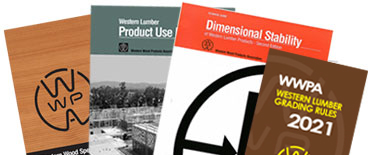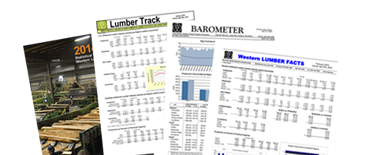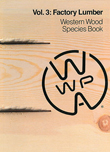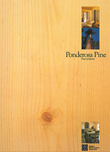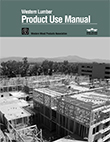
Factory Lumber
Western sawmills produce broad range of products in Factory and Shop Grades. These grades are especially suited for remanufacture to obtain clear cuttings. Factory and Shop Grades have evolved based on upon typical joinery and millwork cutting sizes, and are defined by the number of clear standard “cuttings,” which can be obtained by ripping and cross cutting the various grades. Factory and Shop Grade lumber products are intended specifically for remanufacture into such items as doors, windows, furniture, frames, mouldings, boxes and cabinetry.
When short lengths of clear cuttings are required for edge gluing, finger-jointing and/or laminating production operations, Factory Grades provide an economical alternative to other sources of clear lumber. Factory Lumber Grades are priced according to the portion of recoverable clear cuttings inherent in the piece.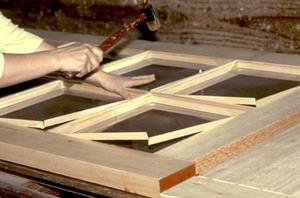
Factory Grades can be developed in most species. In practice, however, the species most widely used for remanufacturing are Douglas Fir, Hem-Fir, Ponderosa Pine and Sugar Pine. Each species has characteristics, which make it preferable for certain end uses. For grading purposes, Western Hemlock is included, along with the true firs, in the Hem-Fir species group because these species share almost identical characteristics in color, grain, strength, workability and appearance.
The Factory and Shop products described in the Western Wood Species Book – Vol. 3 Factory Lumber are offered by many mills under the supervision and inspections services of the Western Wood Products Association. Refer to the WWPA Western Lumber Grading Rules for additional information on Western Lumber Factory and Shop Grades.

